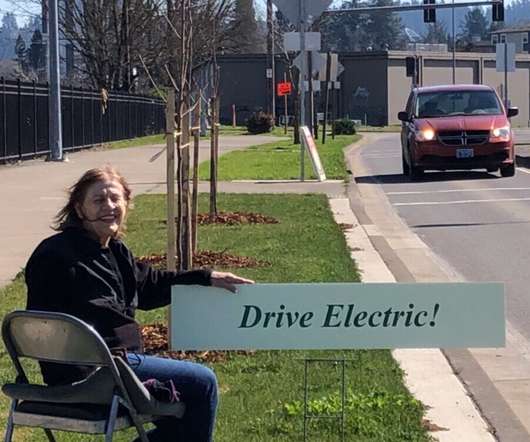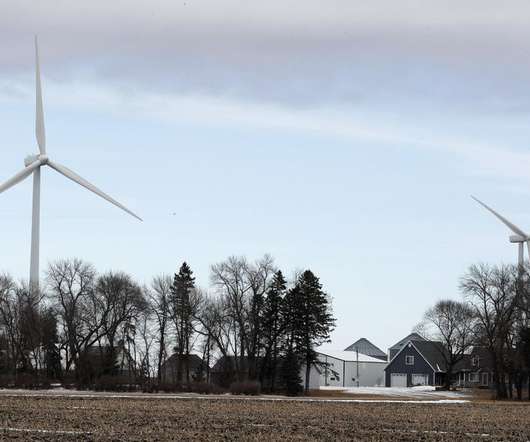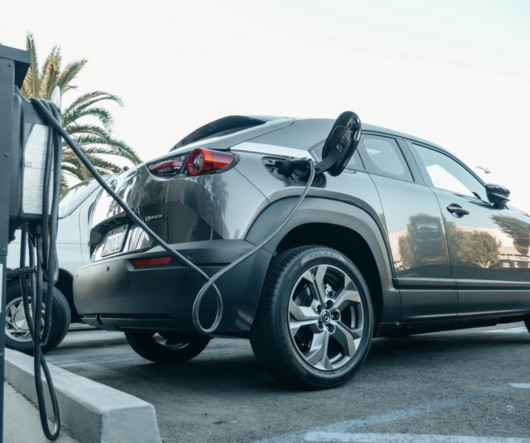ExxonMobil and Global Thermostat in joint development agreement to advance atmospheric carbon capture technology
Green Car Congress
JUNE 28, 2019
ExxonMobil and Global Thermostat signed a joint development agreement to advance technology that can capture and concentrate carbon dioxide emissions from industrial sources, including power plants, and the atmosphere. ExxonMobil and Global Thermostat are also exploring opportunities to identify economic uses for captured carbon dioxide.





























Let's personalize your content